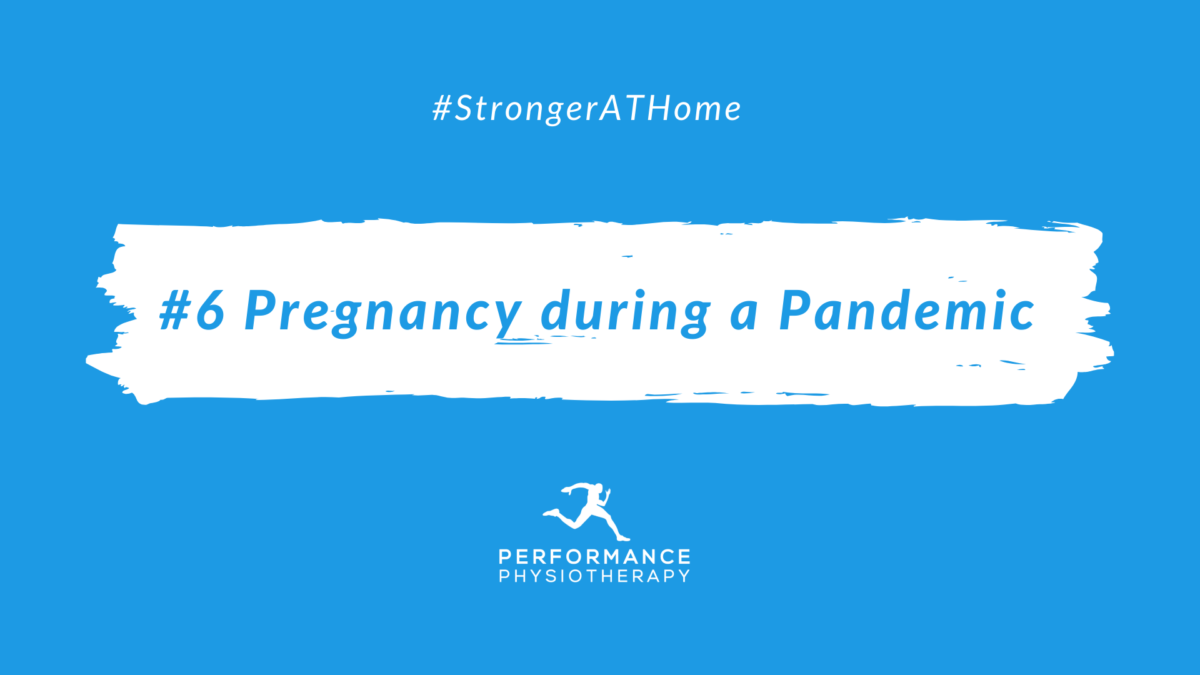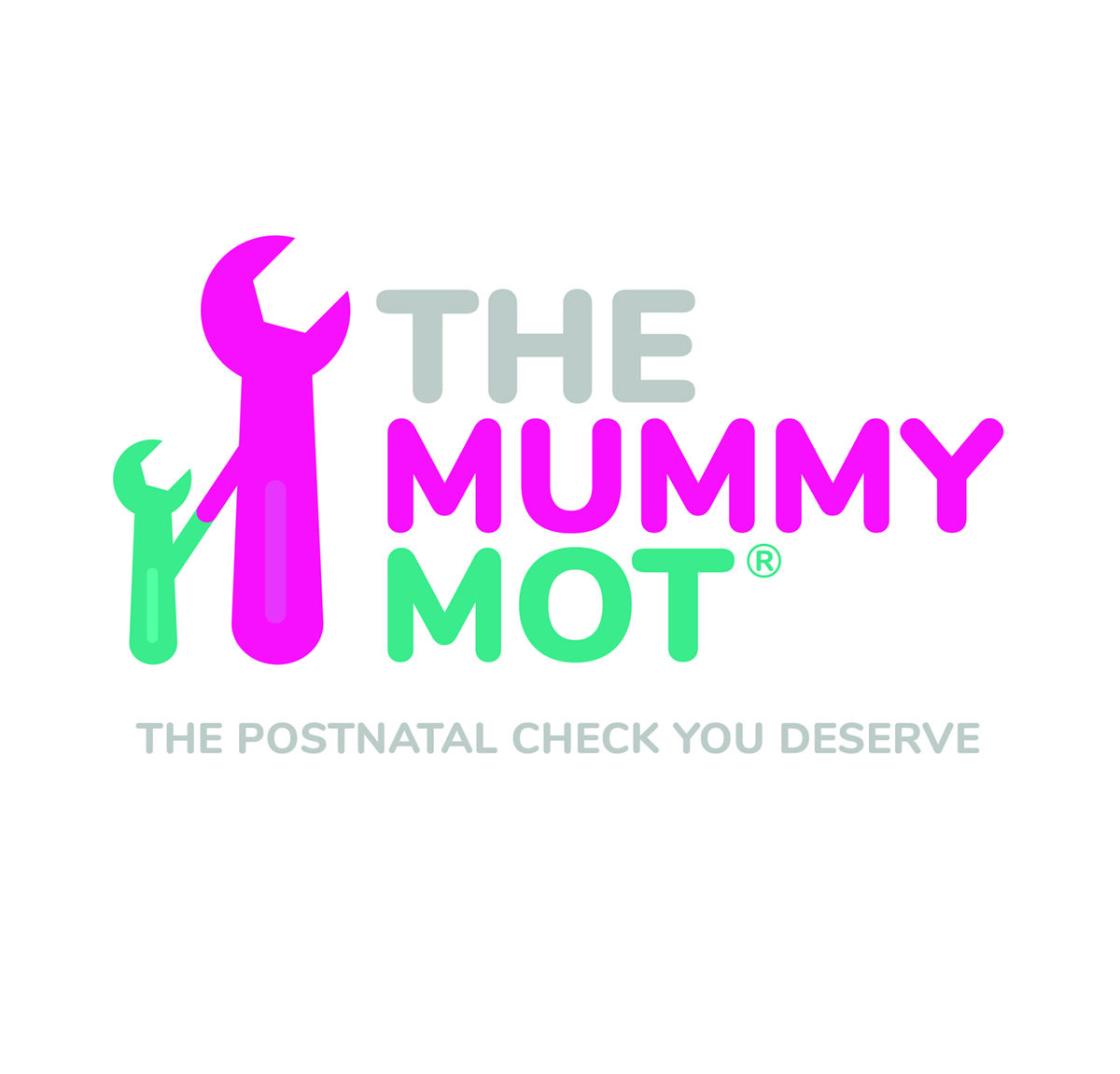No two pregnancies are the same and all women’s experiences are unique to them. A pregnancy during a pandemic may pose extra challenges. However, regardless of the ‘Pandemic Status’, all women who are pregnant deserve the time to keep themselves well, both physically and mentally. This is also of paramount importance for the short and long term well-being of the little human growing inside them.
Whilst I cannot share any personal experiences of having had a #pandemicpregnancy I can share some tips and exercises that have helped many women in the past, me included, and hopefully will help you.…
This video is an intro to a free mini course for all pregnant women, just click on the title to get to the course page.
#StrongerAtHome Pregnancy Special
found at the website www.restoreyou.health
But for right now here are 5 tips on how to help your well-being during a pandemic.
1. Walk every day – even just for a breathe of fresh air
Walking has been proven again and again to be one of the best forms of exercise for everyone. Even if you are experiencing pelvic discomfort it can be helpful to do a short walk every day, this may only be 5 minutes. For women who are happy walking then ideally this should be a good 30 minutes 5x a week (p.s. this counts as your daily exercise! [see link]
2.Control stress and negative emotions
It is perfectly normal and perfectly acceptable to have times of feeling worried or even overwhelmed during your pregnancy but do not dwell on these. Stick to the present and practice your diaphragmatic breathing to breathe through any worries or stresses.
Talk to your baby about your hopes and dreams, share you happy thoughts and practice visualisation.
3.Do Your PELVIC FLOOR Exercises!!!!
Sorry, did I shout? Too right I shouted! Getting a good strong pelvic floor will likely stop you having incontinence of urine or vaginal prolapse during pregnancy; it will likely make your labour easier and even shorter; it will reduce your risk of having vaginal tears during labour and it will most certainly reduce your risk of having incontinence of urine (wee) or faeces (yes…poo!) after pregnancy.
If you cannot feel the squeeze and lift when you try to contract your pelvic floor, or you are not sure, then please do see your local Pelvic Floor Physiotherapist. Getting it right is vital and 50% of woman need some 1:1 support to help get it right so do not be afraid to ask your midwife for a referral to a physiotherapist specialising in Pelvic Health. In the UK you can check if they are Full Members of the Pelvic Obstetric & Gynaecological Chartered Society of Physiotherapy.
4. Take & plan mini-breaks
You may be feeling absolutely fantastic and be having the perfect pregnancy, in which case we are delighted for you. Many women however, do find that the day’s can start to feel a little longer and a little more fatiguing. Take a look at your day and your week; your jobs at work and at home and other commitments and see if you can break the day into smaller sections or take mini breaks. E.g. do little bits of housework every day rather than a 3 hour super blitz at the weekend.
Use the opportunity during transitions in activity to do some mindful movement. If you can, do something like the ‘Happy Mummy Morning Routine’ throughout your day (it doesn’t have to be just in the morning!).
This is a morning routine I used to do when I was pregnant, but would also follow these exercises at any given opportunity during my day (the benefits of working in a Physiotherapy Clinic where this kind of thing is acceptable!)
5. Join the FREE #StrongerAtHome Pregnancy Special Course
An information and exercise course for all stages of pregnancy. Share this link with any one you know who will benefit. There are video’s on how to do your pelvic floor exercises and how to practice mindful breathing, and the main website has useful information on other common pelvic related issues.
Please share this blog with pregnant women during this time. They all deserve that little extra support right now. Feel free to comment and put requests in for other information you would like to read about on this topic.
And of course, do not hesitate to contact us at Performance Physiotherapy Jersey if you need any individual advice.
Thanks for reading!
Blog post written by Alexandra Frankham
MH Prac, PGCert & BSc (Hons) Physiotherapy, MCSP
Performance Physiotherapy Jersey



